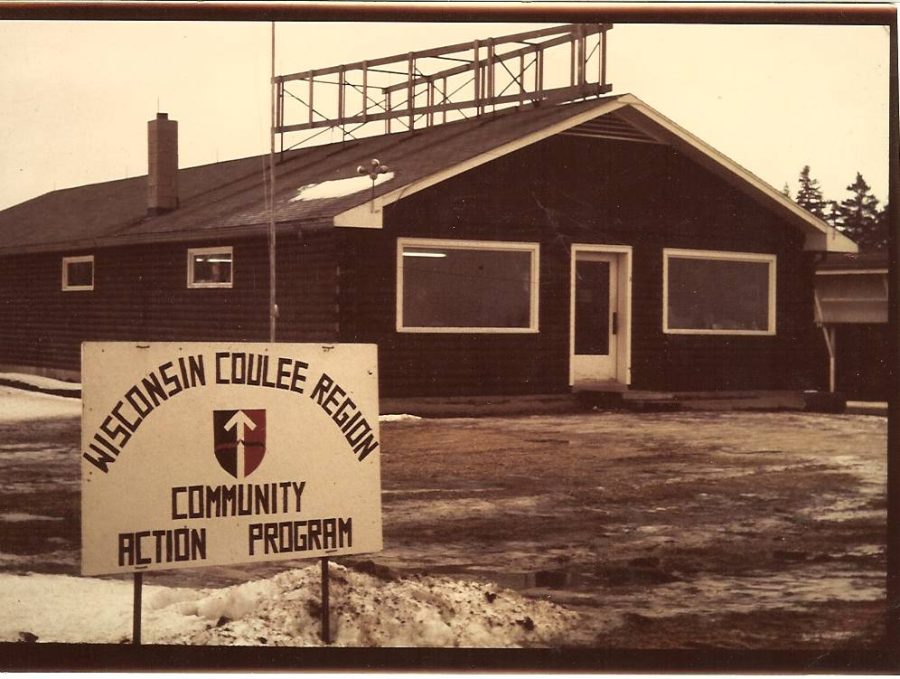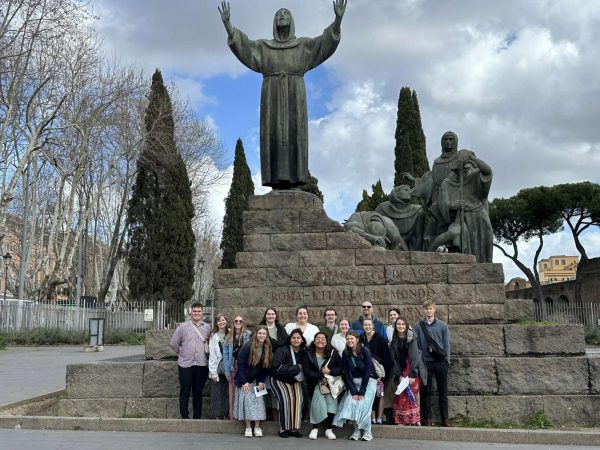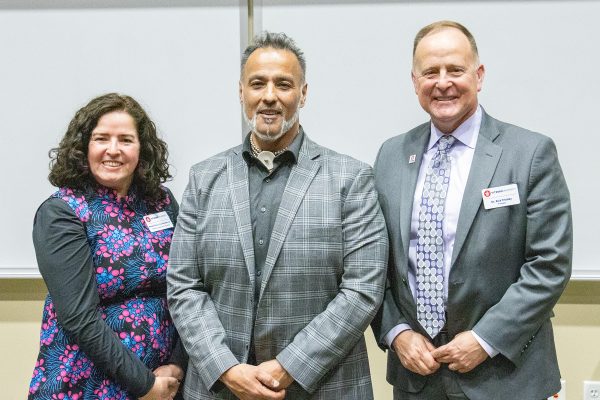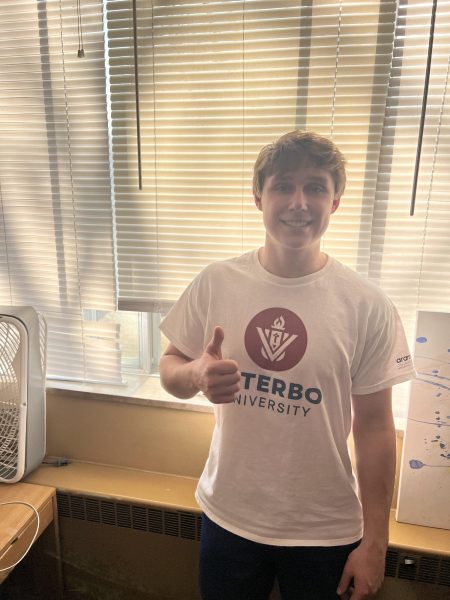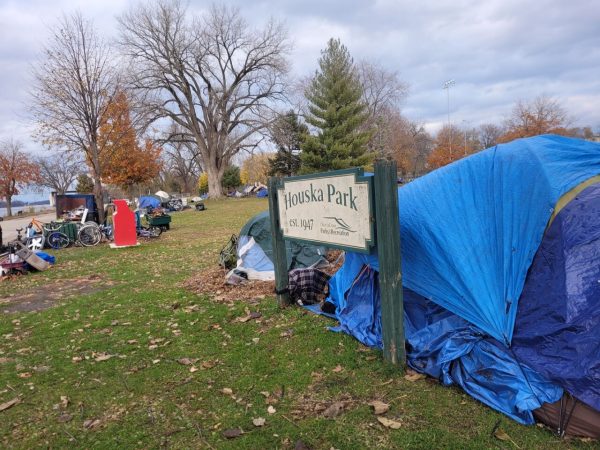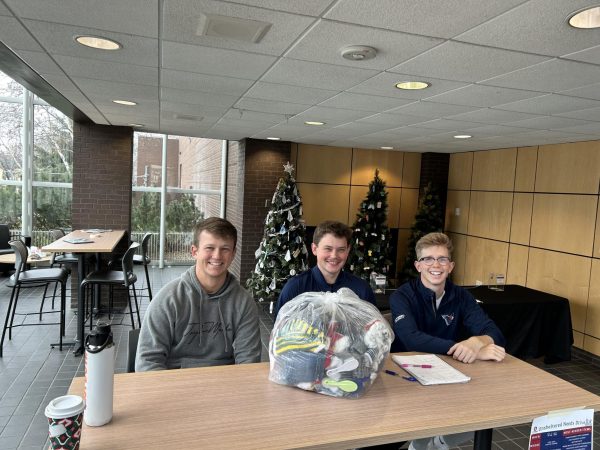How one local nonprofit is fighting homelessness in La Crosse
December 7, 2022
Homelessness and the fight against it are defining issues in our local communities. Community action agencies have been formed to fight against homelessness as well as promote social advancement. One of these agencies, Couleecap, has been at the forefront of social advancement programs in the greater La Crosse area, and their fight against homelessness has improved the lives of many individuals.
Community action agencies were started in the 1960s by President Lyndon B. Johnson and have increased in numbers and influence ever since. In Wisconsin, Couleecap is one of 16 of these community action agencies. Currently, they offer “across the board” services in the four-county area of Crawford, La Crosse, Monroe and Vernon.
The Lumen interviewed Becky Koske, Assistant Deputy Director of Housing and Community Services to discuss the local impact of Couleecap, specifically regarding homeless assistance.
The Housing and Community Services Department operates all of the homeless prevention services that Couleecap has to offer as well as food pantries in several cities. Koske oversees the Permanent Supportive Housing Programs and the case managers that work directly with chronically homeless individuals. The uniqueness of each situation is what makes the issue of homeless assistance so difficult, but the numerous programs Couleecap has to offer helps to provide services to as many people as possible.
One of the main goals of Couleecap’s homeless prevention initiative is self-sufficiency. In order to provide that, however, there are many different programs that need to be offered to cater to specific needs. That doesn’t mean forcing people into programs to “better” themselves. Koske clarified, “We want to give people individual choice on how they address their lives.”
Couleecap’s programs for homeless assistance are designed to promote as little intrusion as possible. They operate on a housing first model, meaning they will provide consistent housing before assisting people as they work on other aspects of their life. After establishing housing, individuals can continue to work with Couleecap at their own pace. For example, “If someone needs a new ID, or mental or physical health care, or help reconnecting with their family, we can be there to help provide it,” Koske claims.
In most cases of homelessness, according to Koske, there is a catalyst that leads to one’s circumstances. She believes that in almost all cases of chronic homelessness, “There is some sort of trauma there, and there’s always been a struggle to overcome.” This struggle has been something these individuals have had to fight on their own due to lack of funding regarding mental health in the United States.
Knowing that most people who suffer from chronic homelessness have endured trauma makes the need for mental health services all the more prominent, but these services are not always provided. Koske says, “There is a lack of availability for sure, and every situation is unique which makes it tough.” The main objective of Couleecap is to provide social improvement services, but when there is a lack of funding in a hugely important aspect of chronic homelessness, their job becomes much more difficult.
With necessary mental health services being underfunded with low availability, facing some of these other issues can be difficult. Koske argues for more individuality in mental health services, claiming, “Funding would be great to approach in various ways; a lot more in home or ability to do it at the time [of arrival] could be very beneficial to people.”
Koske says that “There’s always ways we can change legislation and influence our local, state, and federal officials to really make sure that they are focused on working on solutions for homelessness.” For students looking to get involved, Koske suggests, “Starting drives or advocacy groups is a great place to start.”
